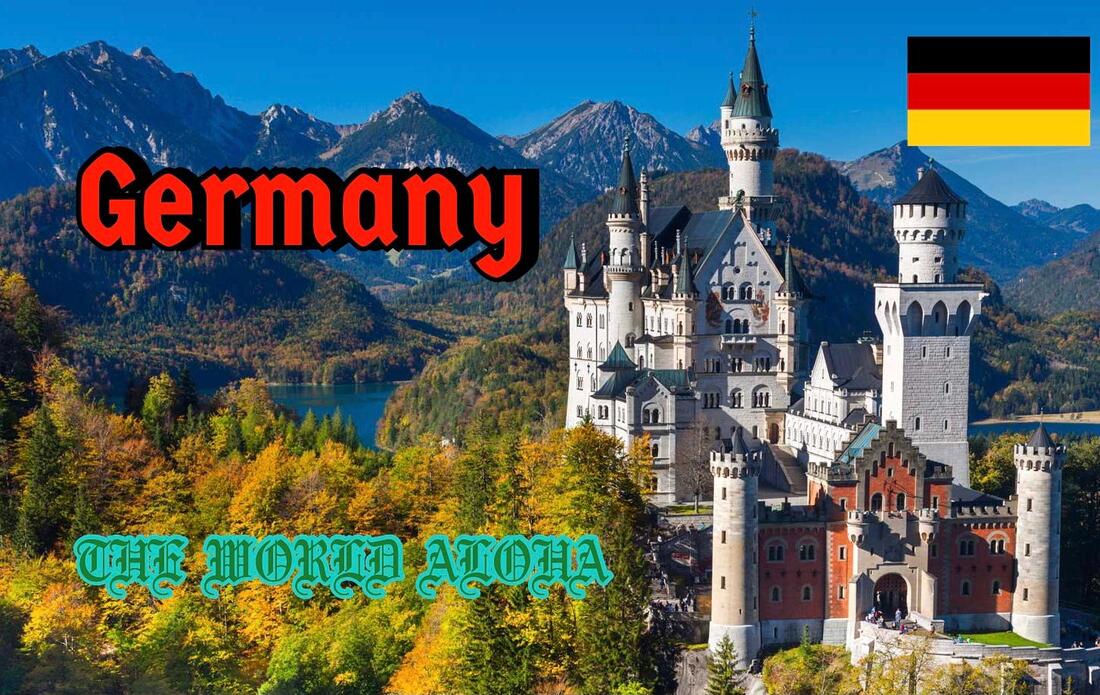|
The history of Germany is a fascinating and complex journey that spans thousands of years, characterized by significant cultural, political, and territorial changes. Here is a brief overview of key periods and events in the history of Germany:
0 Comments
Leave a Reply. |
AboutWorld is dedicated to the subject of World History of Nations around The World! CategoriesSearch by Month
October 2020
|

 RSS Feed
RSS Feed